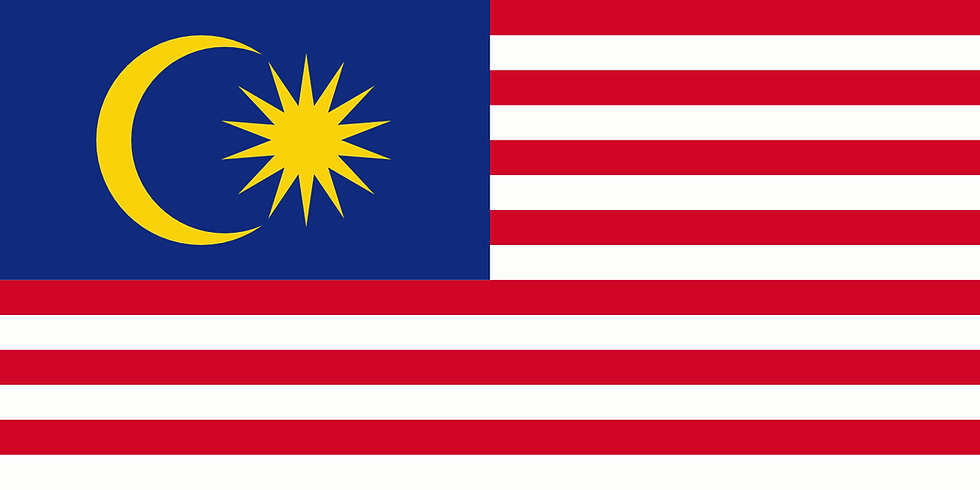Fierce Competition in the Nigerian HVAC Market: China vs. the World
- brg_news_room
- Dec 5, 2024
- 3 min read
Updated: Mar 26, 2025
The Nigerian Heating, Ventilation, and Air Conditioning (HVAC) market is witnessing rapid expansion due to increasing urbanization, economic growth, and rising construction activity. As more Nigerians invest in modern infrastructure, the demand for HVAC systems, including water heaters, and room air conditioners (RACs) has surged. However, this growth is not without its challenges. One significant issue is the influx of cheaper Chinese imports, which are making it difficult for international players to establish or expand their presence in the market. These low-cost products are attractive to price-sensitive consumers but present quality and reliability concerns for long-term investments.

Market Trends
Water Heaters
The Nigerian water heater market experienced significant growth, driven by rising urbanization and increasing disposable incomes, despite inflationary pressures. Chinese imports have gained popularity due to their lower prices, undercutting international brands, and appealing to budget-conscious buyers. However, concerns about energy efficiency and durability remain. In terms of product mix, electric storage water heaters dominated the market, favored for their high storage capacity and affordability, while electric instantaneous models held the second-largest share due to their ability to provide rapid hot water. HP water heaters, more energy-efficient than gas or electric variants, are a small niche and saw limited growth, primarily in commercial buildings, as their higher installation costs remain prohibitive for most Nigerian households.
Room Air Conditioners (RACs)
The room air conditioner (RAC) market experienced marginal growth in Nigeria due to economic challenges like low GDP growth, a decrease in private consumption, high inflation, and currency devaluation. Despite these hurdles, demand for energy efficient ACs increased, especially among the growing middle class in urban areas, as consumers sought to manage rising electricity costs. Chinese manufacturers dominated the market with budget-friendly units, though these often traded off energy efficiency, leading to higher long-term costs. International brands focused on inverter technology and eco-friendly refrigerants but struggled to match Chinese pricing. In terms of product mix, mini-split units remained the most popular, while window/wall units declined. Portable ACs saw moderate growth, favored for their low cost and easy installation, though they remain less effective for larger spaces.

Challenges and opportunities for International Players
International players in the Nigerian HVAC market are experiencing various challenges from Chinese competitors, who dominate through lower pricing and well-established supply chains. Chinese HVAC products, often subsidized by their government, could offer significantly lower prices compared to Western and Japanese brands, making them attractive to price-sensitive Nigerian consumers. This price disparity makes it difficult for international brands to compete, even when offering superior quality, energy efficiency, and long-term warranties. Additionally, the perception of quality is shifting as Chinese manufacturers have improved their products, narrowing the quality gap. Many consumers prioritize immediate cost savings, making competition tougher for international brands. Moreover, Chinese companies benefit from robust local distribution networks and lower logistical expenses, while international players contend with higher tariffs, import duties, and shipping costs.
Despite these challenges, there are notable opportunities for international brands to capitalize on. Rising energy costs are prompting Nigerian consumers to seek energy-efficient solutions, an area where international brands excel with advanced inverter technologies and eco-friendly refrigerants. By emphasizing energy efficiency, particularly in water heaters and air conditioners, global companies can tap into this demand. Furthermore, premium market segments—especially in high-end residential and commercial projects—remain more focused on quality, durability, and after-sales support, offering a competitive edge to international players who prioritize these factors.
Outlook
The Nigerian HVAC market presents both opportunities and challenges for international players. While Chinese imports dominate due to their lower prices and established distribution channels, there are still significant opportunities for international companies that focus on energy efficiency, innovation, and premium product offerings. By leveraging government initiatives and targeting more affluent market segments, international brands can carve out a niche in Nigeria’s rapidly growing HVAC sector. However, they must continuously adapt to the shifting landscape and find ways to compete with the cost advantages that Chinese manufacturers currently enjoy.
Source: Megha Gupta and Amandeep Singh, BRG Research



